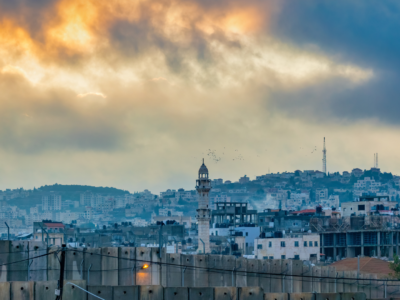Summer 2023 reading list

07/08/2023
Before taking our summer break, like every year, we would like to share with you our Summer 2023 reading list:
Not One Inch: America, Russia, and the Making of Post-Cold War Stalemate
Author: M.E. Sarotte
An insightful and revealing work on the tumultuous relationship between Moscow and the West, encompassing the historical period that goes from the terminal crisis and breakdown of the Soviet Union to the rise of Vladimir Putin to power. A book of particular relevance in the current period of open hostility and confrontation between Russia and NATO, exacerbated by Moscow’s military aggression against Ukraine; by using a grand narrative, the author goes deep into the motivations and circumstances that fostered and conditioned NATO’s eastward expansion during the ’90s, brilliantly assessing to what extent those events have played a decisive role in the current stalemate.
Recommended by Abel Riu
All the Shah’s Men: An American Coup and the Roots of Middle Eastern Terror
Author: Stephen Kinzer
This is a light and fast-paced read that covers Iran’s recent history. In 1953, the United States (U.S.) carried out an undercover operation to overthrow the Iranian Prime Minister, Muhammad Mossadeq. Although this operation came to be no secret, it is worth revisiting how it all went down at a moment when the U.S. sought to promote its strategic interest. Kinzer writes a thrilling and captivating narrative that sheds light on some of the turmoil in the region and allows us to better understand the Iranian psyche.
Recommended by Rosa Cabús
Author: Steve Ujifusa
Steven Ujifusa meticulously examines the pivotal role of 19th-century American clipper ships and their captains within the context of maritime commerce and technological innovation. By delving into the intricate web of competitive dynamics and economic implications, the book explores the stories of the dynasties that forged America, like the Forbes and the Delanos, and the fortunes they made in the opium trade with China. Through comprehensive research and eloquent prose, it resurrects forgotten maritime luminaries and elucidates their enduring impact on global trade and transportation evolution. A scholarly tour de force that enriches our understanding of the interplay between commerce, innovation, and historical legacy.
Recommended by Miquel Vila
Author: Lea Ypi
Recommended by Dani Roldan
Ascending Order: Rising Powers and the Politics of Status in International Institutions
Author: Rohan Mukherjee
In addition to the competition with China, the most characteristic feature of the international reality in which the West finds itself is the tensions with emerging middle powers in its regions, such as Turkey, Saudi Arabia, and India. These powers use the existing international institutions to bind them to their interests. The book “Ascending Order” explains how and under what circumstances these strategies succeed. The book’s argument is distinct enough from academic text to make it an accessible read for summer vacations.
Recomended by Jofre Rocabert
Author: J H Elliot
Since its first publication, J. H. Elliott’s classic chronicle has become established as the most comprehensive, balanced, and accessible account of the dramatic rise and fall of imperial Spain. At its greatest, Spain was a master of Europe. Yet this gargantuan power was rapidly losing its impetus and ferocious momentum. How did this happen in such a short space of time? Taking in rebellions, religious conflicts, and cultural and financial disasters. Elliott’s masterly social and economic analysis studies the various factors that precipitated the end of an empire. An insightful book to understand where some parts of the current Spain come from.
Recommended by Agustí Diaz
Beyond Leviathan: Critique of the State
Author: István Mészáros
Hungarian István Mészáros (1930-2017), a disciple of Lukács and an emeritus professor at the University of Sussex (UK), presents a critique of the State from the depth of historical and philosophical analysis, questioning the limits of this structure of political power that currently appears unquestionable to us. The posthumous edition, overseen by his friend John Bellamy Foster (professor at the University of Oregon and editor of the Monthly Review), with the compilation and systematization of his writings, allows us to approach Mészáros’s political thought. He could not complete the critical project meant to finalize his “Beyond Capital: Towards a Theory of Transition” (1994). His work has had a notable influence on political leaders like Hugo Chávez and undoubtedly constitutes an original contribution to the most current discussions on power relations in the contemporary world.
Recommended by Roger Castellanos


